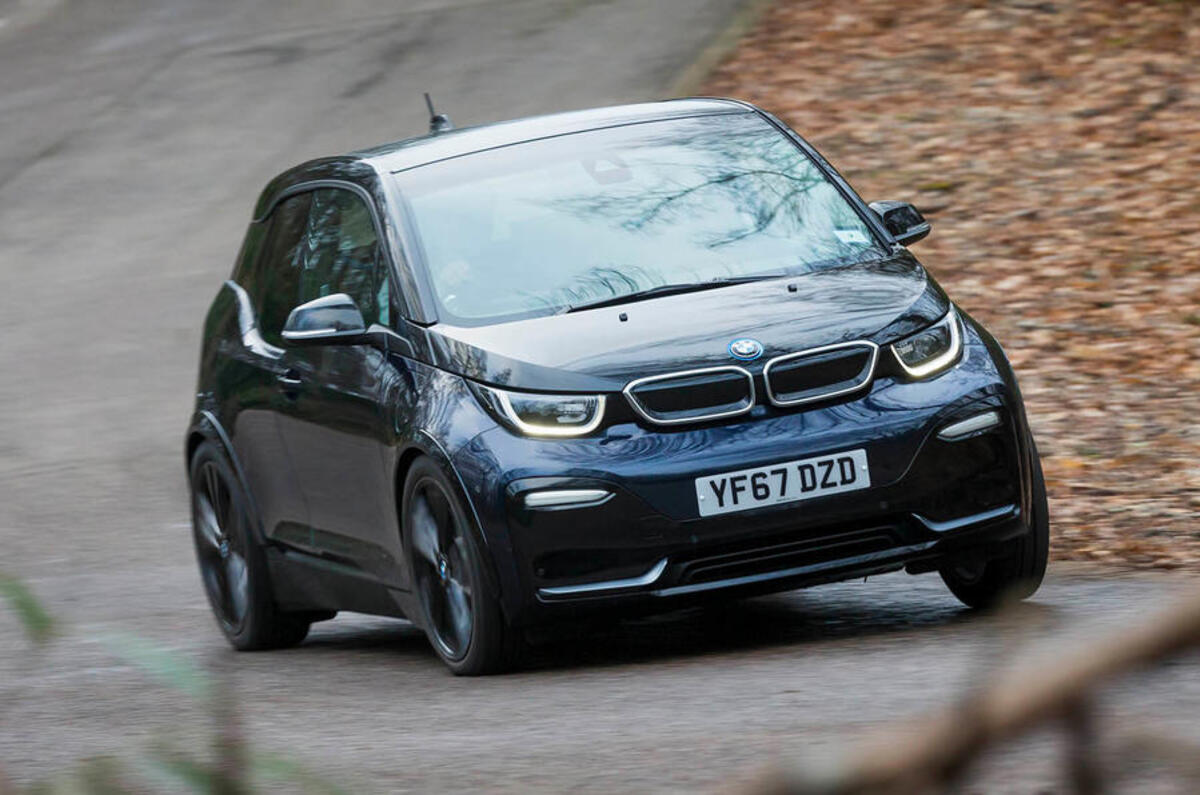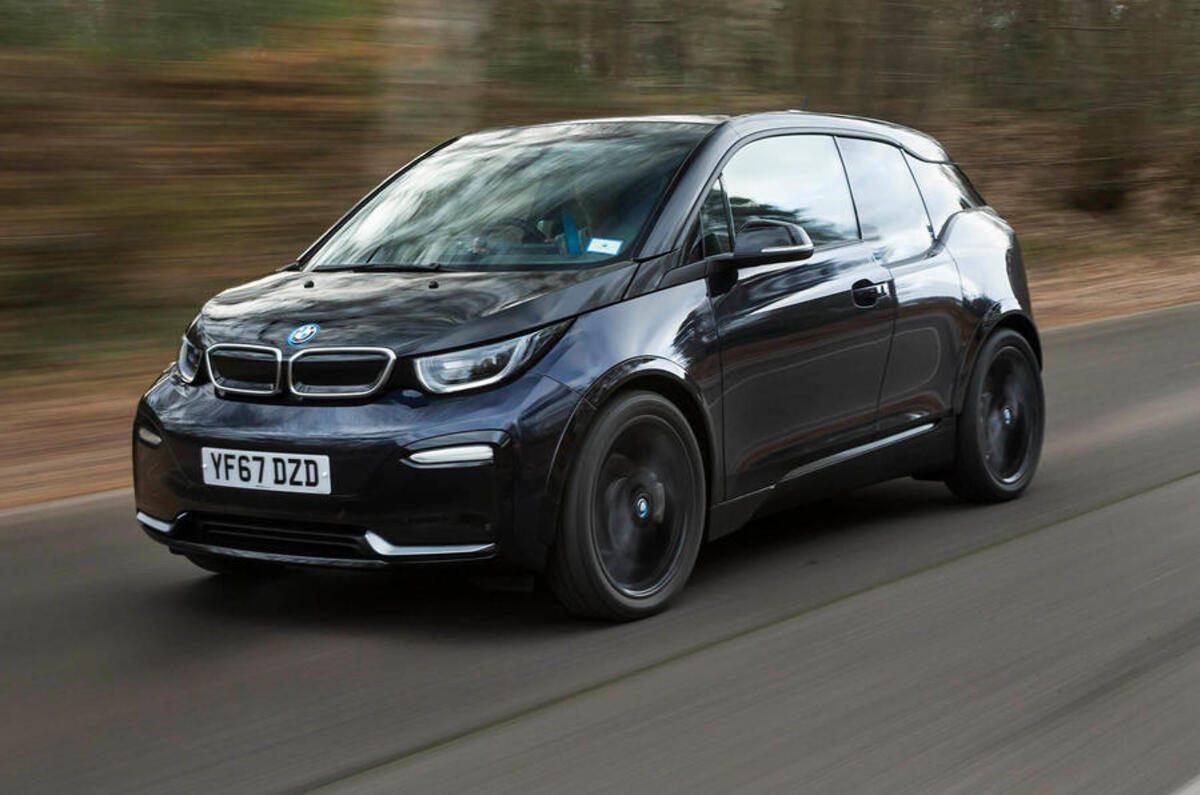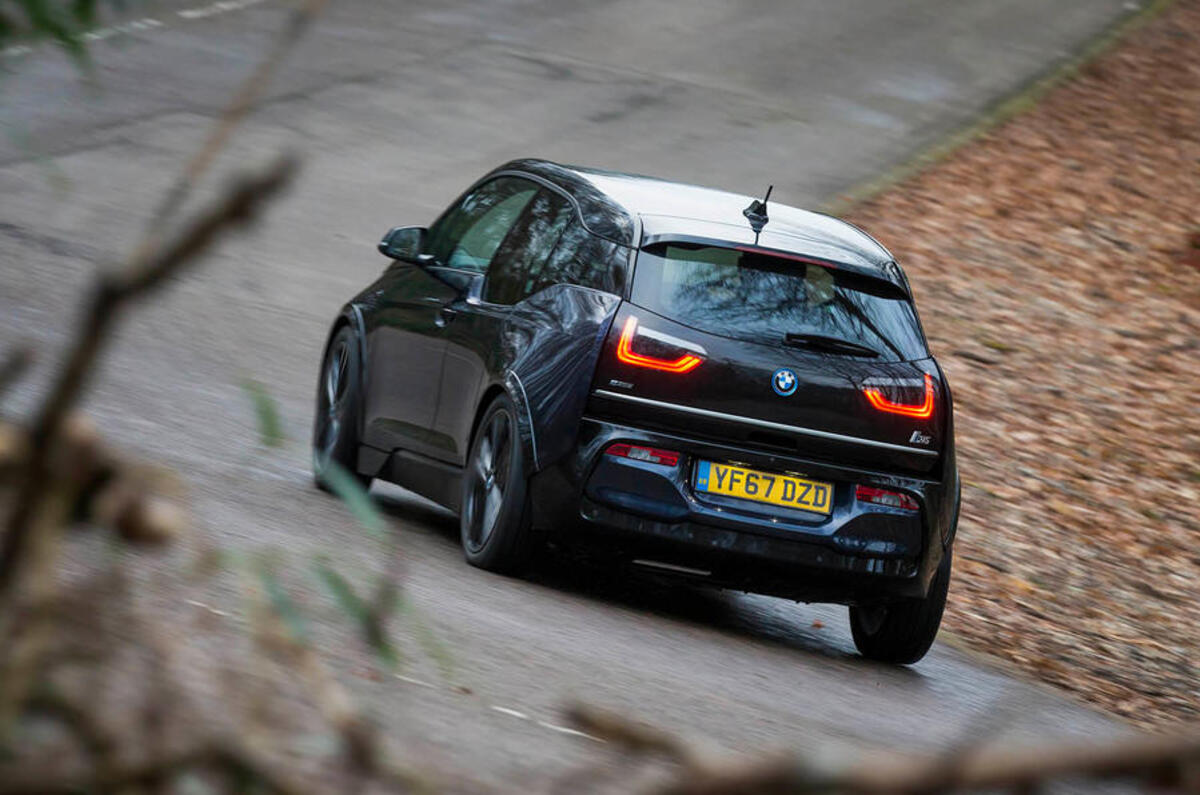History is littered with cars that supposedly arrived before their time, commercial failures not because they didn’t excite people but because they were ahead of the curve, often too clever or simply too expensive to be appreciated. The BMW i3 is anther to add to that list.
Recent decades have provided ample examples for apologists to consider, many having put environmental considerations at their heart long before enough people cared about such things.









Join the debate
Add your comment
Is there some of this article missing?
I started to read it, than just when I thought it would say something interesting it just fizzled
out ....
Actually, sales of the i3 increased in 2021. Why didn't you mention that Jim? This article plays to the laggards and the luddites in the automotive sphere, the ones who have held back progress and resisted positive change because of misguided attachment to incumbent habits. If BMW had kept on the path started by the i3 and the i8, instead of getting cold feet, they could now be rivalling Tesla, instead of playing catch-up. The entire mind-set of this article is wrong and exposes the underlying problem with Autocar - it's dominated Editorially by conventional and conservative thinking, not genuine enthusiasm for engineering and technology, with which the i3 and i8 abound.
It wasnt very desirable.
Small, funny looking, lumpy ride, skinny tyres, so-so range and extortionate to repair. It was certainly ahead of its time - a premature birth.
Back then why would you buy one over a Leaf or Zoe or Tesla?